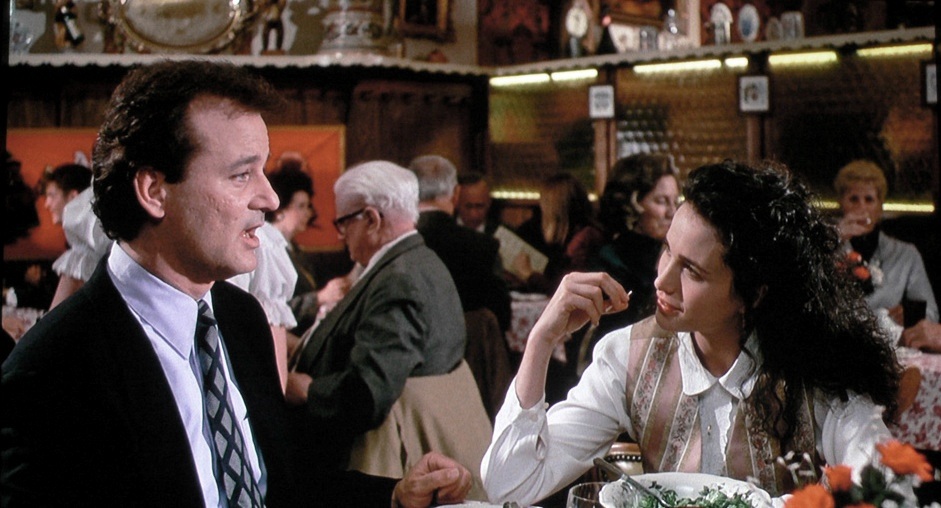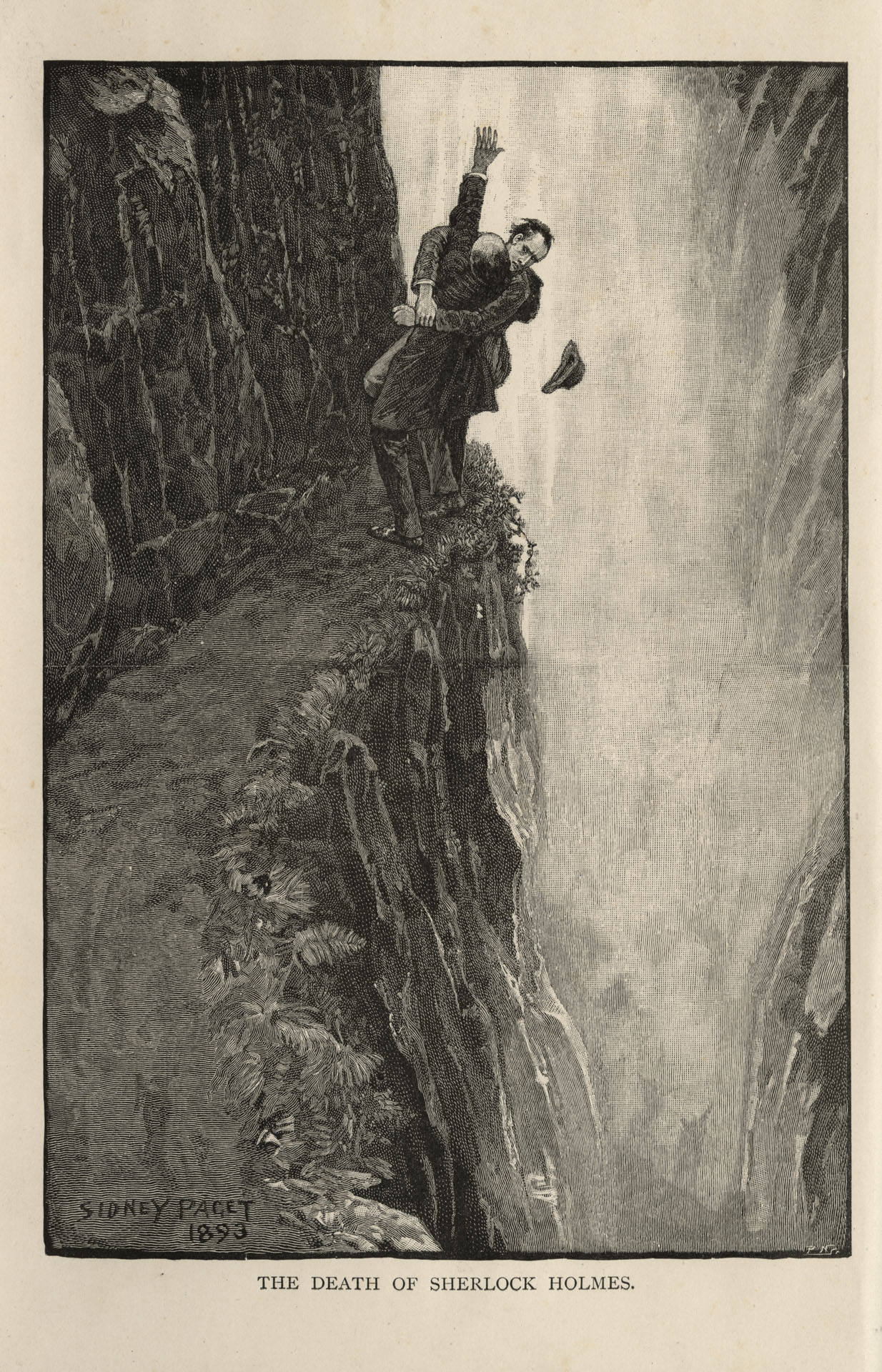Phil Connors: Do you ever have déjà vu, Mrs. Lancaster?
Mrs. Lancaster: I don’t think so, but I could check with the kitchen.

In January 2005, film critic Roger Ebert had an epiphany. Groundhog Day, that eccentric, wholly original movie where Bill Murray plays a narcissistic weatherman who relives the same day over and over, is in fact, a “Great Movie.”
“The movie,” Ebert explains, “is about a man who finds himself living the same day over and over and over again…”
(Wait, didn’t I just write that?)
“He is the only person in his world who knows this is happening,” Ebert continues, “and after going through periods of dismay and bitterness, revolt and despair, suicidal self-destruction and cynical recklessness, he begins to do something that is alien to his nature. He begins to learn.”
After learning, comes wisdom, as Murray’s character, Phil Connors demonstrates in his poetic news “stand-up” following the groundhog’s declaration of six more weeks of winter:
“When Chekhov saw the long winter, he saw a winter bleak and dark and bereft of hope. Yet we know that winter is just another step in the cycle of life. But standing here among the people of Punxsutawney and basking in the warmth of their hearths and hearts, I couldn’t imagine a better fate than a long and lustrous winter.”
Watching the film again, I couldn’t help but see a part of myself.
Every day – for two weeks after November 8 – I would awaken at the same time thinking that the election of Donald Trump was all a bad dream; that this consummate narcissist could not possibly be the next leader of the free world. And, just like the Murray character, part of me would descend into a melancholy that would begin all over again the next morning, until I learned something.
It began when I noticed a moment in the film where Connors believes he’s figured it all out; that he can manipulate any outcome by knowing what people like or dislike. He spends weeks of February 2nds learning everything he can about his producer Rita, whom he wants to bed.
“You speak French,” Rita says, impressed with Phil’s quotation of a favorite French poet.
“Oui!” Phil smiles back.
“This day was perfect,” she says after Phil has dialed in most of her likes. “You couldn’t have planned a day like this.”
“Well, you can,” Phil tells her. “It just takes an awful lot of work.”
Unfortunately for Phil, each day ends the same way with a slap in the face when he goes to make the next move, until one night before repeating another yesterday…
“The worst part,” Phil confides, after a genuinely nice day, “is that you will have forgotten all about this and you’ll treat me like a jerk, again.”
“No,” she tells him.
“It’s alright, I am a jerk. It doesn’t make any difference; I’ve killed myself so many times I don’t even exist anymore.”
“I don’t know, Phil,” Rita says. “Maybe it’s not a curse. It depends on how you look on it.”
The next morning, Phil awakens to the same Sonny and Cher song, but this time, he begins to look at things differently: he helps a homeless man; he embraces an old high school friend; he saves a boy from falling, he saves another man from choking, and… he does all this without the slightest expectation of a self-serving payoff.
What have I learned after the election of Donald Trump?
Ultimately, the presidency is larger than any single individual; that despite his conflicts, Trump may rise to the level expected by so many, (I certainly hope so); that governing will be vastly different from anything he has ever done before; that the unification he talks about begins and ends with his example; that he needs to not only respect, but listen to the intelligence community when they give him briefings; that after he is sworn in on January 20th, that he recognize that he no longer has to communicate in 140 characters or less; that the media is not his enemy but a part of keeping all politicians honest; that he is responsible for the policies he puts into action; that they will have an effect on many; and that at the end of the day, he is accountable to the American people.
As citizens, we have a responsibility, too; to let our representatives and senators know about the issues that are important to us; to speak out whenever we believe the facts are not being properly represented; and political leaders need to understand that an important part of governing is a genuine dialogue with citizens – not about what we don’t want, but about how together we can get things done.
Roger Ebert writes that at the end of Groundhog Day, “Tomorrow will come, and whether or not it is always Feb. 2, all we can do about it is be the best person we know how to be. The good news is that we can learn to be better people.”
When Clinton supporters saw the long winter of a Trump presidency on November 8, they saw a winter bleak and dark and bereft of hope. Yet we know that Trump is just another step in the cycle of politics. But standing among my fellow citizens who embrace a democracy of fairness and inclusion, I can imagine the opportunity that Donald Trump has to become a better person.
If the country can grow stronger after the bitterness and battles of a great Civil War, it can overcome any challenges by learning how to respect and work with one another demonstrating that we are the example of democracy and hope around the world.
(Wait, didn’t I just hear some of this before?)
Comments









